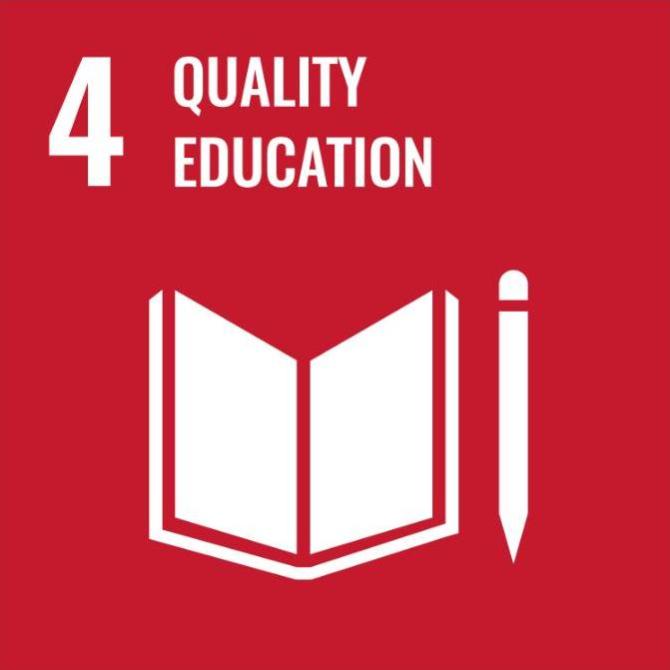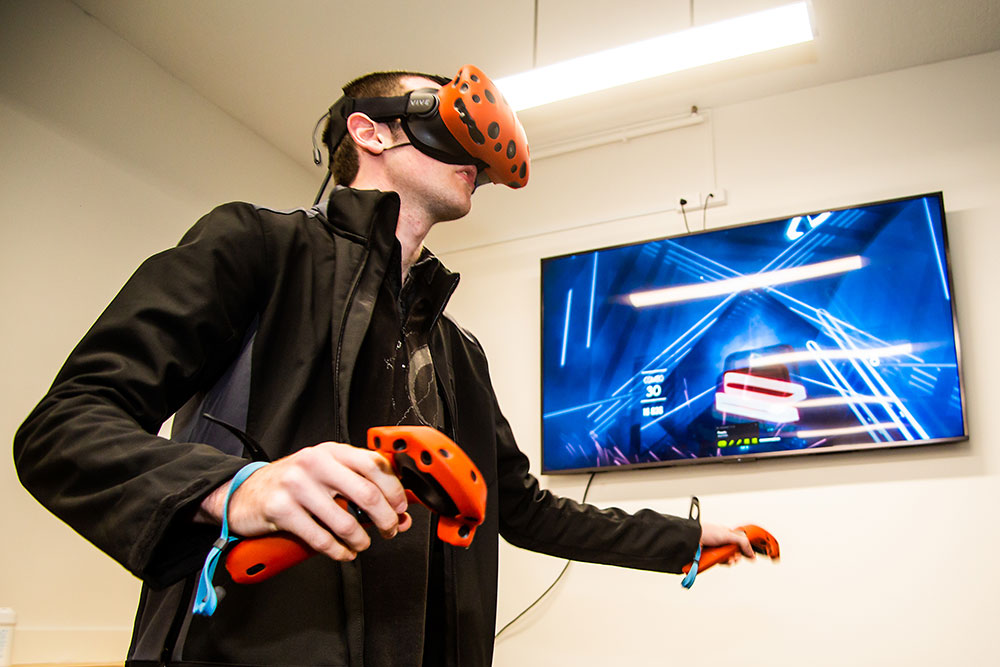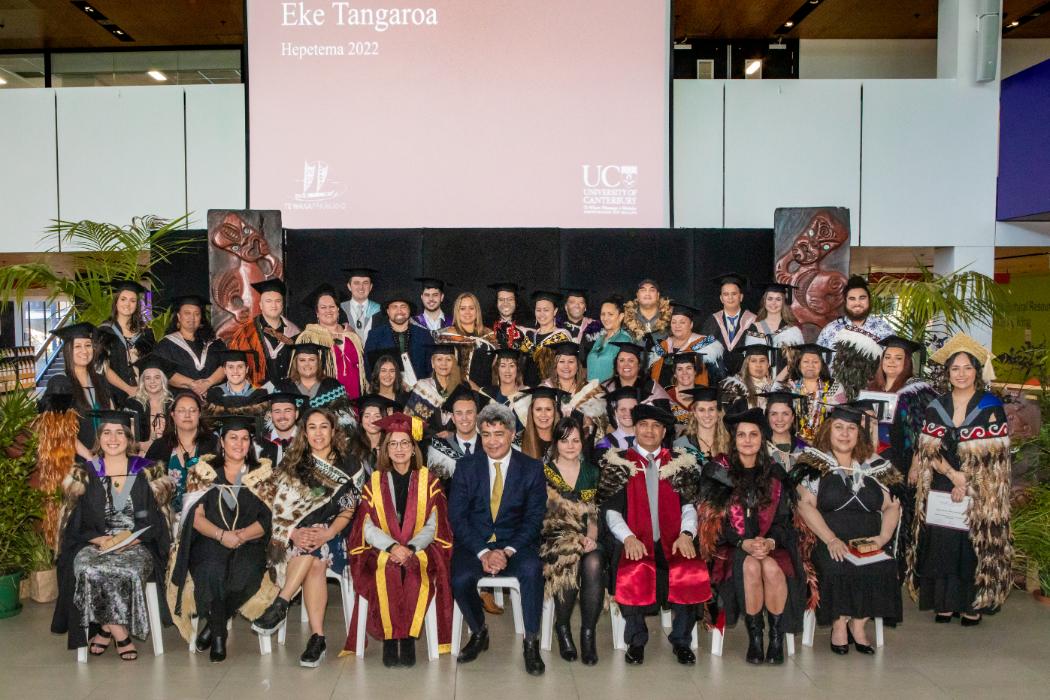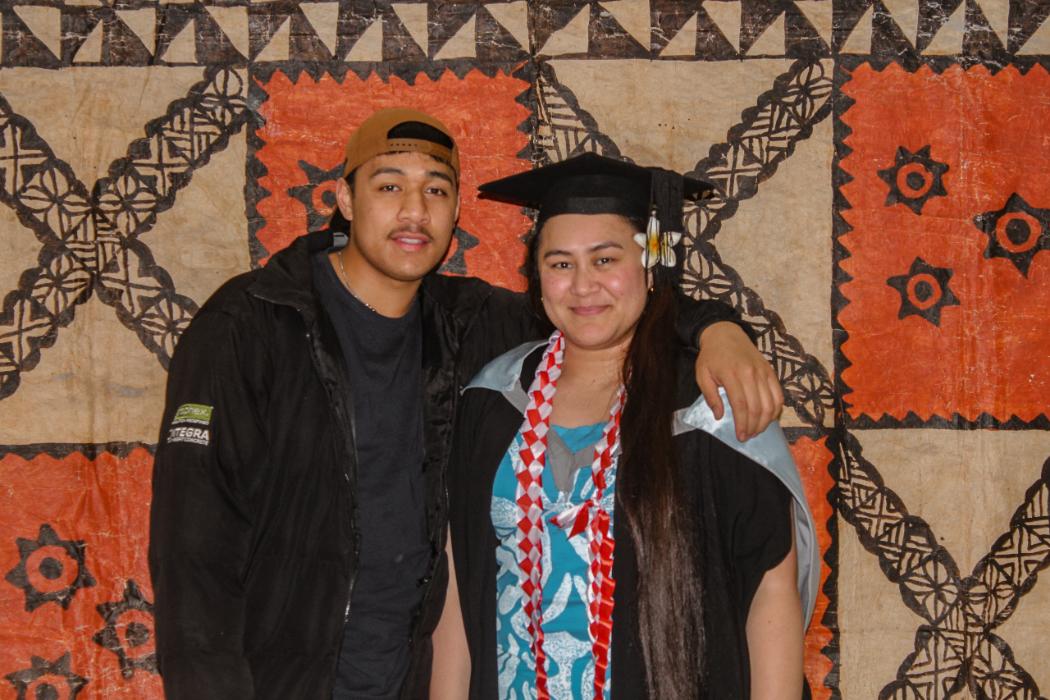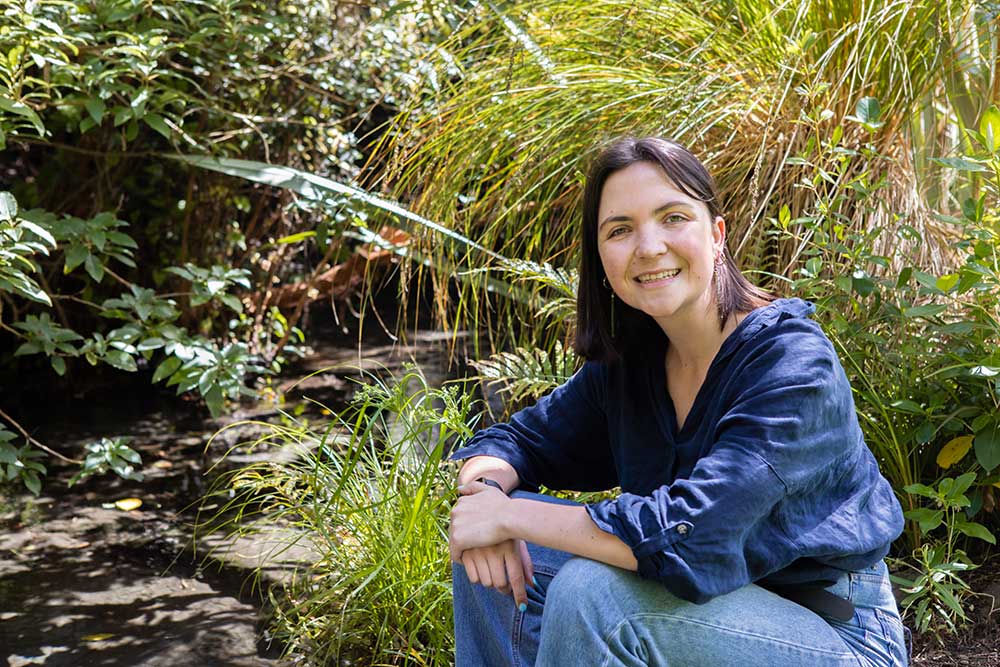“This sparked my desire to explore 21st-century challenges, such as obesogenic environments and climate change, by addressing broader urban issues and engaging with communities.”
Sophie says she is particularly proud of her thesis, conducting kaupapa Māori-focused research using an indigenous lens.
“By exploring the connection between health and the environment, I discovered the process of spatial analysis – modelling problems geographically and exploring the results – and how applicable it is to healthy urban development and therefore Pae Ora (healthy futures for Māori).”
Her thesis explored the global challenge of social isolation that many communities face and looked for new opportunities to improve mental health and wellbeing.
This mahi also strengthened Sophie’s practice of using an equity lens, which she applies every day in her current role as a Public Health Advisor at Te Whatu Ora in New Plymouth, including being involved in the Public Health Unit response to Covid-19.
She is responsible for implementing evidence-based public health action with the goal of reducing inequities.
“My role is largely advocacy based and I utilise the bicultural competency and kaupapa Māori understanding that I developed at UC,” she says.
She says her studies helped prepare her to make a positive impact on the wellbeing of communities. “The skills I have gained have already made a difference in my career.”
Sophie’s long-term career aspiration is to work in social outcomes – in particular, healthy urbanism: designing and planning equitable, sustainable and inclusive places.
“I would love to play a part in defining a new future and see cities built for people, not cars, as a way to act as the foundation for thriving communities."


